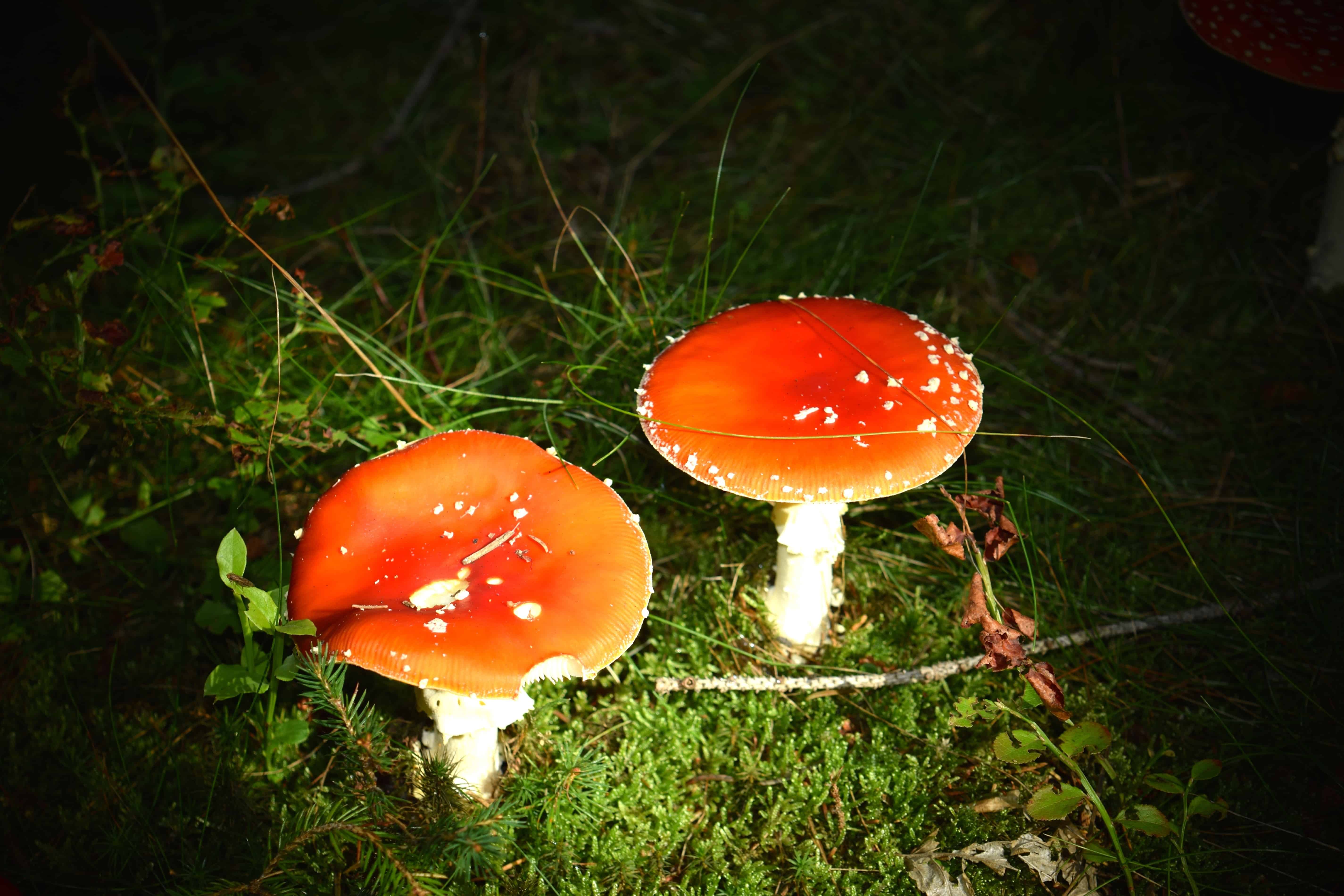

More research is needed to see if the effect lasts and whether it works in a larger study. Many who took a dummy drug instead of psilocybin also succeeded in drinking less, likely because all study participants were highly motivated and received talk therapy.
Psilocybin, found in several species of mushrooms, can cause hours of vivid hallucinations. Indigenous people have used it in healing rituals and scientists are exploring whether it can ease depression or help longtime smokers quit. It’s illegal in the U.S., though Oregon and several cities have decriminalized it. Starting next year, Oregon will allow its supervised use by licensed facilitators.
The new research, published Wednesday in JAMA Psychiatry, is “the first modern, rigorous, controlled trial” of whether it can also help people struggling with alcohol, said Fred Barrett, a Johns Hopkins University neuroscientist who wasn’t involved in the study.
In the study, 93 patients took a capsule containing psilocybin or a dummy medicine, lay on a couch, their eyes covered, and listened to recorded music through headphones. They received two such sessions, one month apart, and 12 sessions of talk therapy.